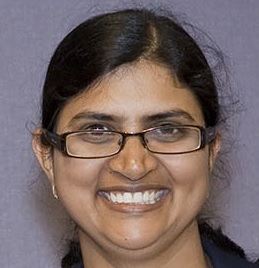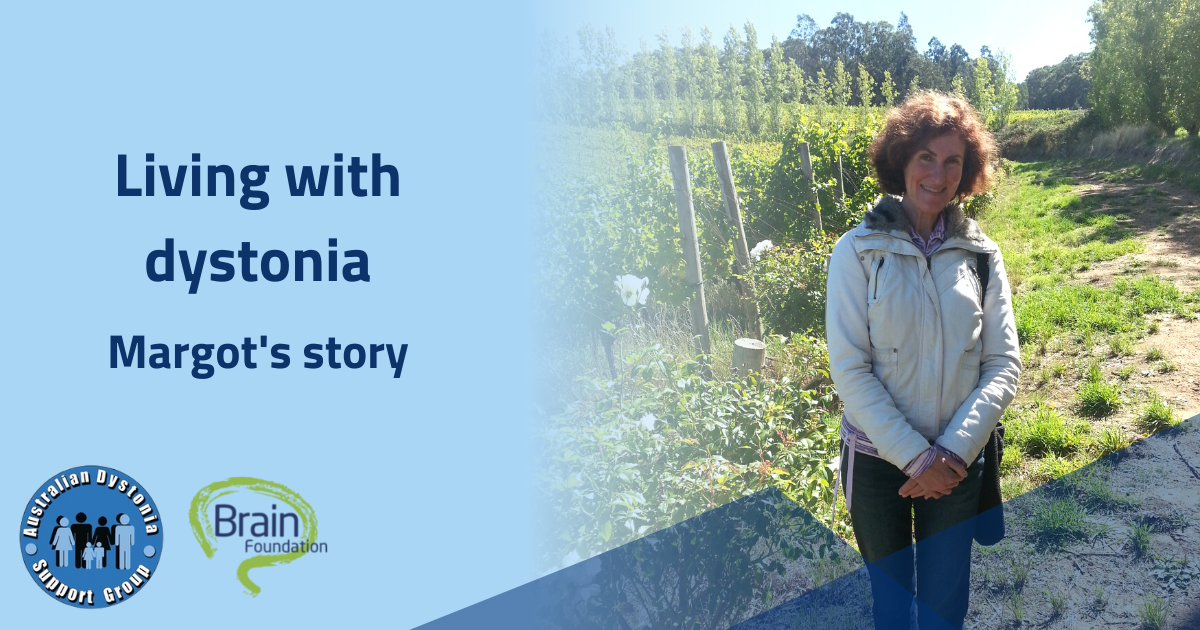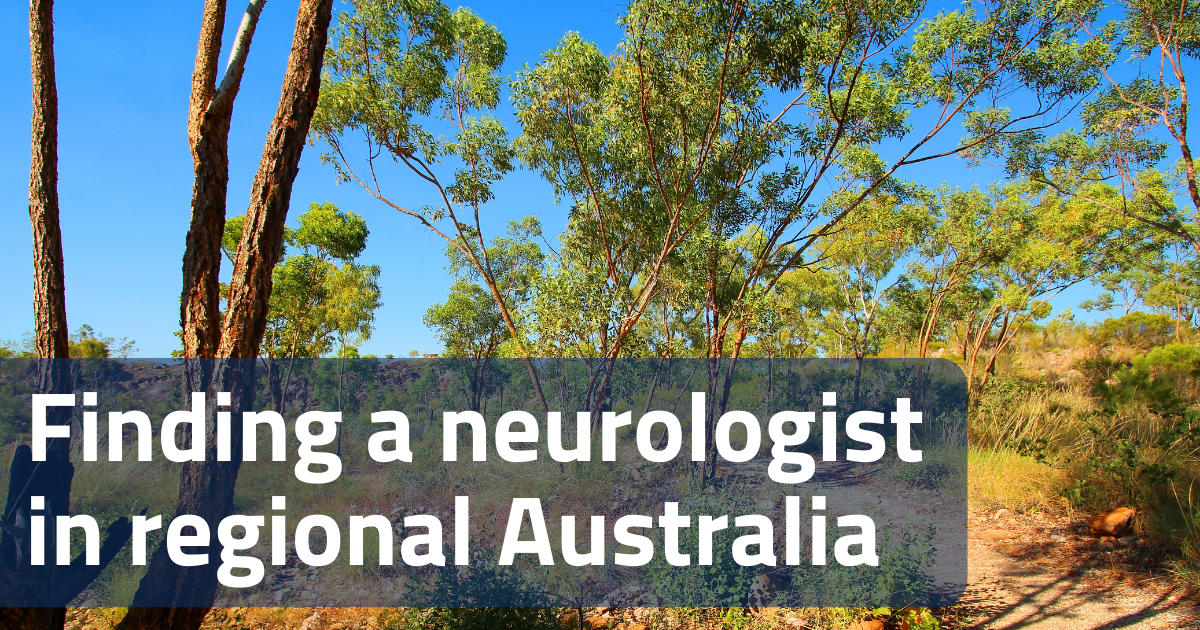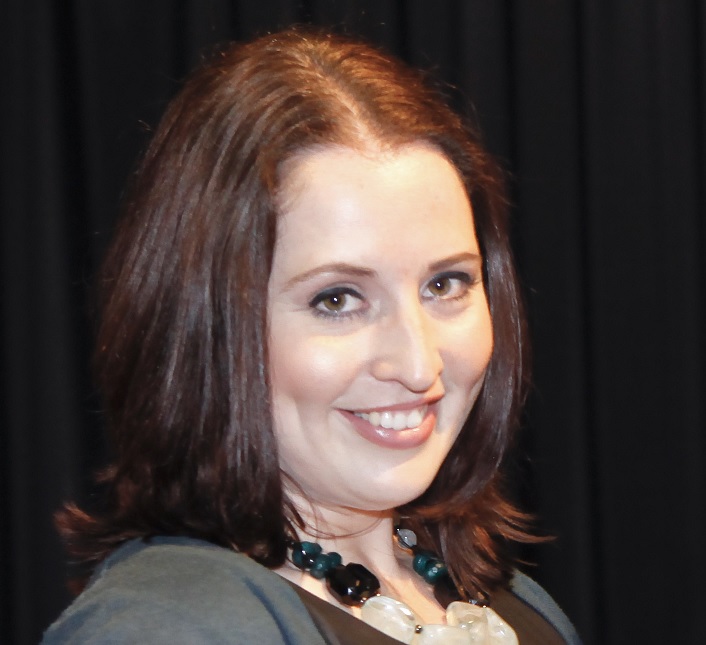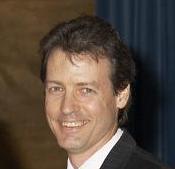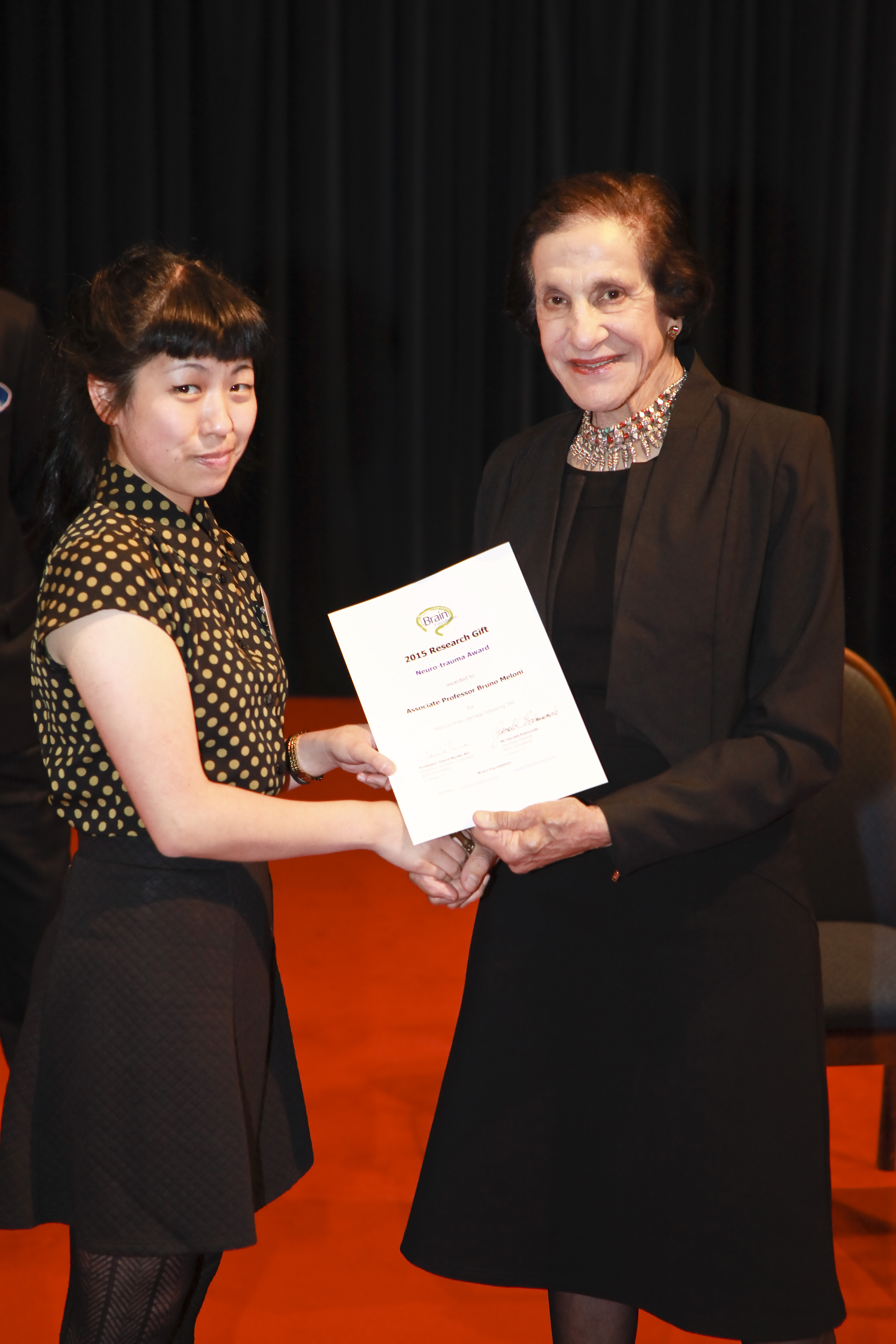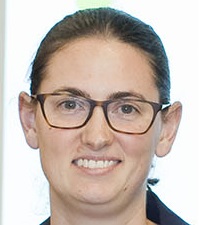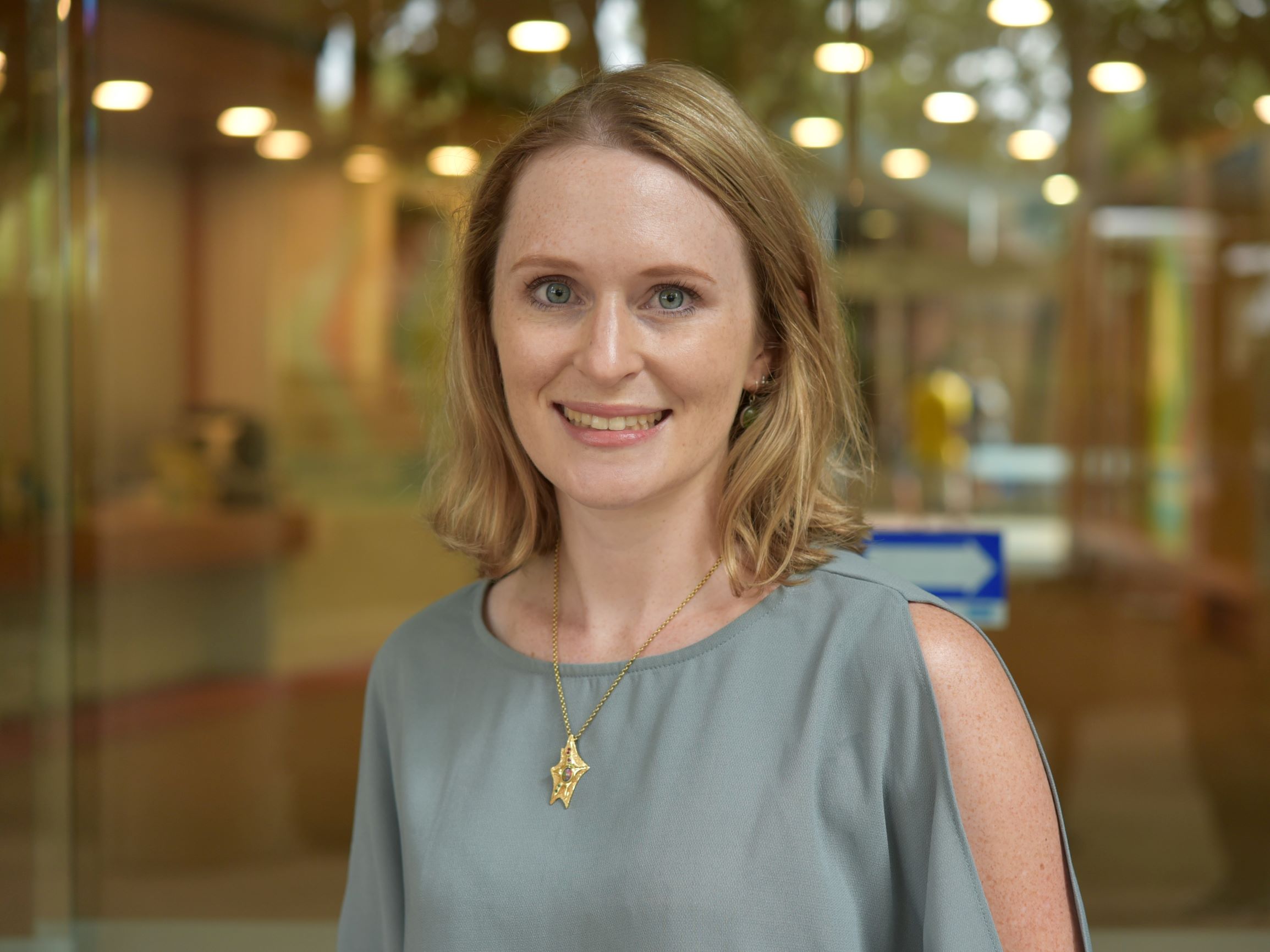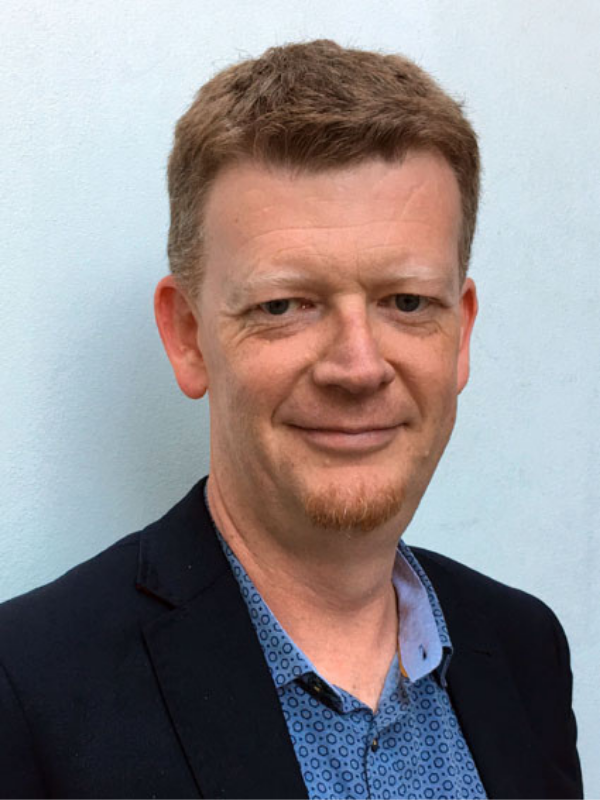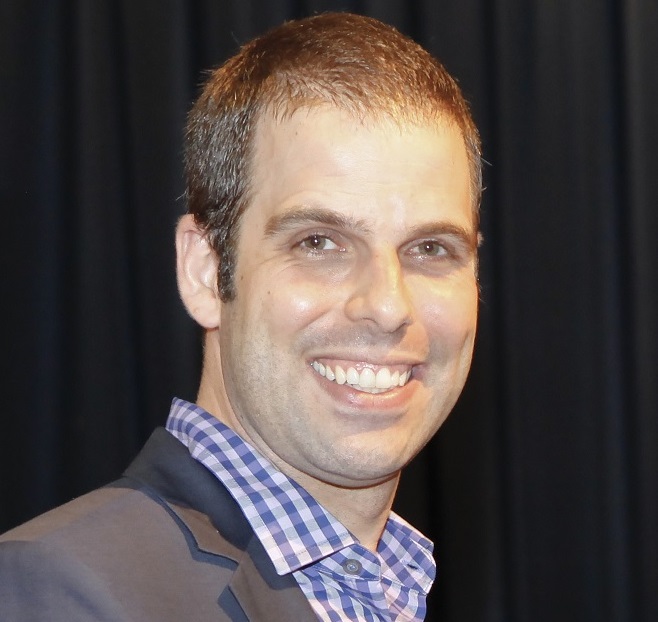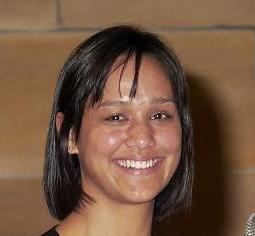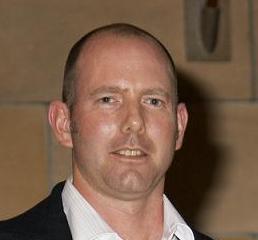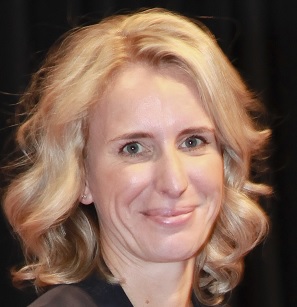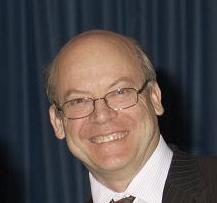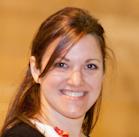
Search
31 Jan Margot’s story: Living with Dystonia
...a neurologist. The neurologist finally diagnosed me with cervical dystonia, an involuntary movement disorder caused by incorrect signals from the brain. This was a great relief to know what was...27 Jun Finding a neurologist in regional Australia
...Of course, it isn’t always possible to plan ahead. Brain diseases, disorders and injuries can occur in many different ways – sometimes they develop over a long period of time,...26 Mar Grant Program FAQs
...and procedures and neurological disorders and diseases, including brain and spinal injuries In particular, the potential to enable earlier, more accurate diagnosis of neurological diseases and disorders, and to develop...16 Oct Brain Tumours
...blood markers that can differentiate between patients with brain tumours and healthy controls with over 99% accuracy. We plan to validate this panel during the monitoring of patients with brain...20 Jan Cerebral Diseases
...accommodate the swollen brain and although life saving, it is highly invasive and potentially risky. As a result, alternate treatments for brain swelling that address the cause of the swelling...16 Oct Neural Infections
...well as neuropsychiatric disorders. Notably, T. gondii infection also results in inflammation in the brain. Traumatic brain injury (TBI) and stroke are common forms of brain injury that affect millions...27 Jan Brain Tumour Award
Project Summary: Brain tumours are the leading cause of cancer related death and disability in children. The Royal Children’s Cancer research laboratory is focused on improving our understanding of medulloblastoma,...19 Oct Neuro-trauma Award
...adults worldwide. Neuroprotective treatments to reduce brain damage associated with TBI are currently lacking, which makes developing effective treatments of paramount importance. Any treatment that minimises brain injury associated with...09 Dec NEUROMUSCULAR DISEASE
...of the funding provided by the Brain Foundation. PROJECT SUMMARY: Multiple sclerosis (MS) is an inflammatory and neurodegenerative disease affecting the brain and spinal cord. There are over 25,000 Australians...26 Oct Epilepsy
...cells) can provide the answer. These stem cells can be used to make 3D cortical brain organoids, or ‘mini-brains’. These ‘mini-brains’ contain the same genetic make-up as the patient they...26 Oct Multiple Sclerosis & other Inflammatory Diseases
...mistakenly attacks the small blood vessels of the brain, cochlea of the ear, and the retina of the eye causing brain damage and hearing and visual loss. Early corticosteroid treatment...11 Dec Restless Legs Syndrome
...the latest Australian research papers on Restless Legs Syndrome National Institutes of Neurological Disorders and Stroke (USA) ninds.nih.gov/Disorders/All-Disorders/Restless-Legs-Syndrome-Information-Page Reviewed by Dr Dominic Rowe, Neurologist, Royal North Shore Hospital, Australia...11 Dec Tuberous Sclerosis
...organs, including the skin, kidneys, heart, liver and lungs. These growths begin to form in the brain prior to birth and can interfere with brain functioning. They can cause seizures,...15 Mar Day 2: All About Stroke, Dystonia & MND
...Brain Foundation research grant for this project, which will be completed in collaboration with Harvard University. Researcher profile | Brain Foundation research grant Dr Joel Maamary, St Vincent’s Public Hospital...10 Feb Parkinson’s Disease Award
...Smith Brain adaptation underlying remarkable improvement in symptoms of Parkinson’s disease after effective surgical and drug treatment. Dr Stephen Tisch Department of Neurology St Vincent’s Hospital and University of New...06 Jan Frequently Asked Questions
What will the Brain Foundation do with the donations they receive? Our two aims are to: educate the community about brain and spinal disorders and injuries, and develop avenues for...20 Jan Brain Tumours
PROJECT SUMMARY: Glioblastoma (GBM) is a devastating primary brain cancer that affects around 800 Australians annually. Despite surgery, radiotherapy and chemotherapy, 1 in 2 people diagnosed with GBM will not...25 Jan Neuro Trauma Award
...can develop effective strategies to promote functional recovery. Until recently the predominant method for studying brain injury was to examine brain tissue harvested post-mortem from experimental animal models or human...25 Jan Brain Cancer Award
...Foundation has the potential to significantly improve the clinical outcome in brain cancer patients. In addition, as the experimental work will be performed by a trainee neurosurgeon, the Brain Foundation...19 Oct Brain Tumour Award
PROJECT SUMMARY: In Australia, brain cancer is the leading cause of cancer-associated death for adults under the age of 40 and children under the age of 10, with one person...27 Jan Stroke Award
...brain cells from “excitotoxic” injury (a form of brain injury that occurs during stroke). We intend to identify and further characterise these platelet-derived brain protective agents and explore further their...11 Feb Brain Injury Award
Brain Injury Award funded by Rosemary Palmer Brown and Robert W Harvey Estates Assessment of the neuroprotective properties of the amlyoid precursor protein (AAP) following brain injury. Dr Corinna Van...19 Jan Brain Injury Award
...clinicians with a greater understanding of brain related changes associated with this treatment at a time of development when the brain is thought to have greater adaptability to injury. ...11 Feb Healthy Brain Research Award
Healthy Brain Research Award For research relating to the Brain Foundation Healthy Brain Program. NM Rothschild & Sons (Australia) Ltd Prince of Wales Medical Research Institute and Brain Foundation...
 The Brain Foundation is the largest, independent funder of brain and spinal injury research in Australia. We believe research is the pathway to recovery.
The Brain Foundation is the largest, independent funder of brain and spinal injury research in Australia. We believe research is the pathway to recovery.PLEASE HELP US BY DONATING TO OUR RESEARCH PROGRAM.

